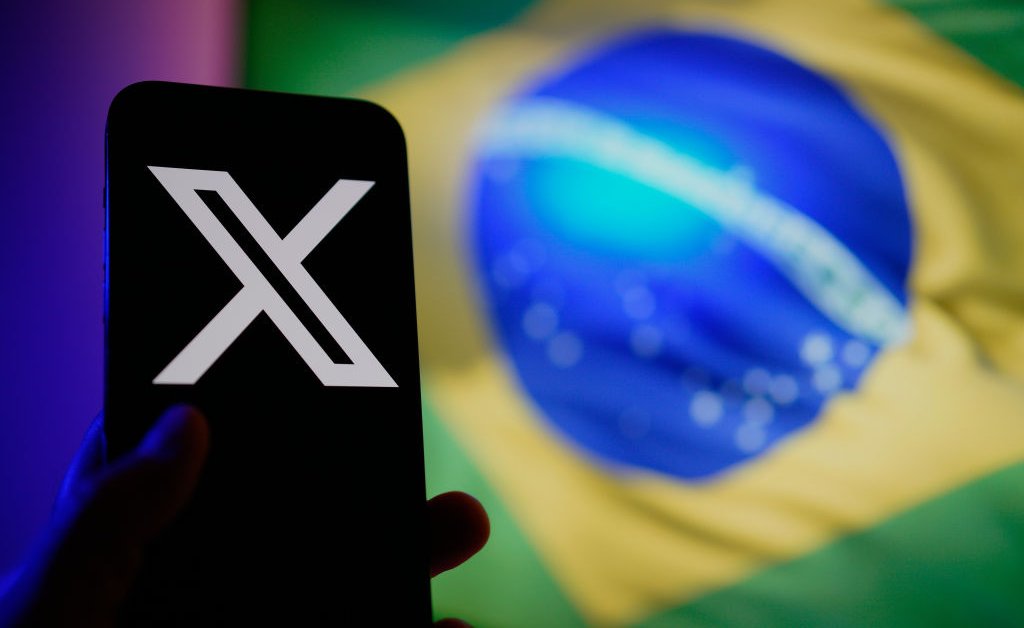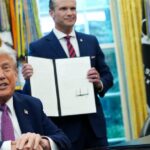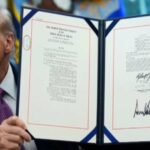Elon Musk’s satellite-based internet service provider Starlink has agreed to comply with a Brazilian Supreme Court justice’s order to block Musk’s social media platform, X. Despite having its assets frozen by Justice Alexandre de Moraes, Starlink announced that it will follow the order to block access to X in Brazil. The company stated that it is pursuing legal avenues to address the situation, as it believes that de Moraes’ actions violate the Brazilian constitution.
De Moraes froze Starlink’s accounts in an attempt to compel the company to cover X’s fines, which had exceeded $3 million. He argued that the two companies are part of the same economic group. Starlink filed an appeal through its law firm, Veirano, but has not provided further comments since then. The justice also ordered the suspension of X for failing to name a local legal representative, a requirement for receiving notifications of court decisions and taking necessary actions, such as the takedown of accounts. The Supreme Court panel upheld the block on X, rejecting claims that de Moraes was censoring political speech.
If Starlink had continued to defy de Moraes’ order by providing access to X, the Brazilian telecommunications regulator Anatel could have eventually seized equipment from Starlink’s ground stations that ensure the quality of its internet service. An Anatel board member, Arthur Coimbra, warned that failing to comply with the court order could result in such consequences. The situation highlights the challenges faced by tech companies like Starlink when operating in different countries with varying legal frameworks and regulatory requirements.
The dispute between Elon Musk, Starlink, and the Brazilian Supreme Court has raised concerns about freedom of speech and censorship. Critics have accused de Moraes of using his power to suppress political dissent and silence voices that oppose the government. However, the justice’s actions have been upheld by the Supreme Court panel, indicating that there is legal basis for his decisions. The case underscores the complexities of navigating regulatory issues and legal challenges for technology companies operating in global markets.
As the situation continues to unfold, it remains to be seen how Starlink and Elon Musk will navigate the legal and regulatory hurdles in Brazil. The company’s decision to comply with the court order to block access to X demonstrates its willingness to adhere to local laws and regulations, even in the face of legal challenges. The outcome of this dispute could have broader implications for how tech companies interact with legal systems and regulatory authorities in different countries, shaping the future of internet governance and freedom of expression on online platforms.









